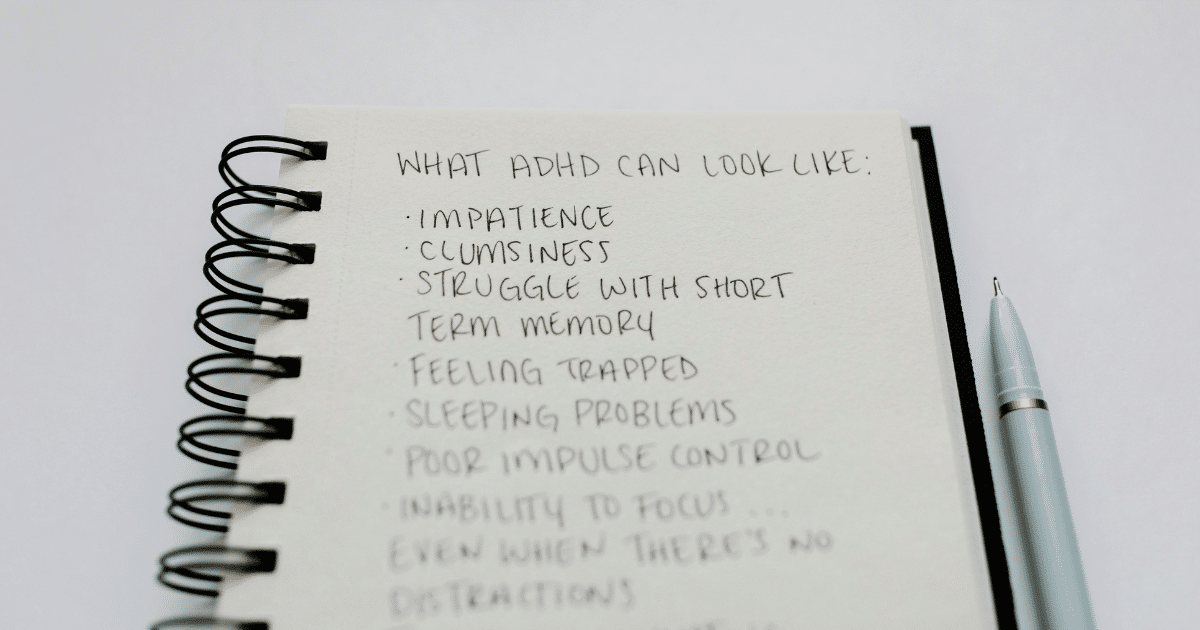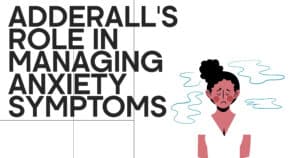Mental health challenges can affect any individual regardless of their age, gender, and background. Despite the stereotypes that therapy is meant to only help women and men are supposed to keep their problems to themselves, this approach is incorrect – a man also needs support to be able to reclaim his well-being, resolve his inner conflicts, and foster a sense of competence and confidence.
In this article we will talk about mental health and men – how you can understand a man you are close to is struggling emotionally and how you can help him to get his life back on track.
Understanding Male Mental Health
Mental health issues in men are less likely to be noticed and formally diagnosed – moreover, when a man learns about his diagnosis, he may decide not to undergo treatment. Men try not to acknowledge a problem they cannot handle on their own, they do not trust strangers to examine their past and present, and they may think psychotherapy is a pseudoscience that cannot improve anyone’s well-being.
Why Men Struggle in Silence
Whether it started in the family or this is something a man learned when he was a teenager or young adult, a man might be reluctant to talk about his feelings due to wrong perceptions of masculinity, the need to present himself as self-reliant and stoic, and the fears of being seen as incompetent and vulnerable.
Common Signs of Mental Illness in Males
The symptoms of a mental health condition will vary from one man to another but usually a man’s mental health issues affect physical, emotional, and behavioral aspects of his life. Loss of appetite, lack of focus, anxiety, hopelessness, suicidal ideations, angry outbursts, and attempts to self-soothe with alcohol and drugs are among the prevalent signs that indicate the presence of a mental health problem.
What Depression Looks Like in Men
A depressed man will try to escape his problems with drugs and alcohol, fail to sleep, express irritability and restlessness, lose interest in his hobbies, isolate himself from his family and friends, and exhibit mood fluctuations – all this will create unhealthy relational patterns that hurt the man and people around him against his will.
If you are wondering: “Why do women ignore men’s depression?”, it can happen because a mental illness of this kind is often overlooked or written off as aggressiveness or anger that does not require any assistance. Yet a man may be unable to control his emotions and behaviors which makes it particularly hard for him to live with depression.
The Impact of Social Expectations
In many instances, a man who really needs to sign up for a mental health treatment program will not do it simply because of his role in society. It is expected that males are strong and independent, and admitting you require psychological help is a sign of weakness and fragility. It is hard enough for a woman to find it in herself to explore her problems in the office of a therapist – a man whose ideas and notions of masculinity do not allow him to pursue therapy will have to overcome these fears inflicted by society.

Why Do Men Avoid Therapy?
| Reason | Description |
| Societal Pressure | Both men and women are ashamed and scared of judgment that might happen if people around them know how much they struggle emotionally, and this particularly applies to men. Since early childhood, a man is taught to rely on himself and keep his emotions in check so talking to a therapist is perceived as a weakness and failure |
| Disregard of Mental Wellness | Even though a man will seek medical assistance after exhibiting the symptoms of a chronic illness or getting an injury, he will neglect his mental health. Taking care of mental well-being is rarely a top priority for a man because he does not see these issues as worthy of serious treatment |
| Lack of Male-Friendly Therapy Programs | Most mental health services involuntarily prefer to focus on female mental health. While mental health issues that affect women matter, the language therapists use usually caters to the female population – talking about your emotions and feelings candidly often does not sound appealing to men |
How Men Can Improve Their Mental Health
Whether you are dealing with a mood disorder that affects the way you think or you suspect you may be diagnosed with a mental illness, treatment and management are possible just like self-care practices that will enhance your quality of life. Change your dietary habits, exercise, spend time outdoors, maintain connections with people you love, and devote time to self-reflection in order to understand what underlying issues may manifest in the nearest future.
Practical Steps Toward Emotional Well-Being
| Advice | Description |
| Be Mindful of Yourself | You will be the first to know about problems and struggles – notice the symptoms others would not be able to observe. Pay attention to your sleep, energy levels, and appetite to be ready to act if required |
| Rely on Others | The presence of a strong support network can make all the difference for a man. Let people you trust know about your problems and find ways to cope with stress together. You should also spend time with your friends – do not allow excuses to keep you apart |
| Recognize Unhealthy Coping Mechanisms | Certain coping mechanisms you may have been accustomed to are in fact damaging to your body and mind. Figure out if you are drinking alcohol, gambling, or spending too much time on the Internet to the detriment of your health |
| Consult With a Therapist | Even if eventually you decide not to sign up for a specific program of treatment, you can undergo an evaluation to understand the reasons your mental health is suffering – schedule an appointment with a local mental health specialist |
Supporting the Men in Your Life
Whether a man you care about struggles emotionally or you want to make sure he maintains his mental strength, there are certainly ways to let him know you care:
- Show compassion and understanding. Avoid jokes and insults that might make the man doubt himself and his abilities and treat him with the same gentleness any individual regardless of their gender deserves.
- Promote a healthy lifestyle and try to participate in various activities together. This will strengthen your bond and make a man less prone to illnesses due to the interconnectedness of mental and physical health.
- If things get really complicated, encourage the person in question to seek professional help. This might be a difficult conversation but it is worth it. Find the right approach – explain how much the man’s wellness matters to you or insist this is a necessary step to take in order to ensure he continues to thrive professionally.
Talk to Someone Who Understands at Pacific Coast Mental Health
If you are a man whose deep-seated emotional issues get the best of him or you are close to a person who has not tried therapy yet but might need it, it may be time to consider a mental health treatment program customized to the needs of the patient. Therapy can give a man a chance to embark on a spiritual journey that will allow him to turn his life around – a supportive and validating environment can help the individual regain his confidence and a belief in his ability to shape his life. Contact Pacific Coast Mental Health today – we can give you a renewed sense of self-worth and help you navigate life’s transitions and challenges.

FAQs
Why do men struggle with mental health?
Male mental health is often disregarded – since childhood a man hears he needs to “man up” and stop acting weak which makes it hard for him to open up to other people, show his emotions, and manage his behavior when he is about to cross the line.
What are the signs of depression in men?
While women are usually sad when they are depressed, men are more likely to get angry. They may also feel disconnected from others, engage in risky and self-destructive behaviors, overwork themselves to exhaustion, and self-medicate with alcohol and drugs to feel better temporarily.
How can men improve their mental health?
From taking a break to reflect on his experiences and feelings to working on his physical fitness to support his mental wellness – there are numerous methods for a man to deal with unsettling emotions and overcome the challenges he is forced to confront.
Why do men avoid therapy?
The reasons differ from man to man but most males are worried about the stigma that comes with mental health treatment, they might believe seeking therapy is only for weak individuals, and they are not used to talking about their emotions even with their loved ones which makes it hard for them to open up to therapists and psychiatrists they do not know well.
How can I support a man with mental health issues?
Let the man you care about know you are there for him no matter what he is going through. Show him compassion and respect, offer him to participate in activities and events that will make him happy and fulfilled, and suggest a visit to a therapist in case he cannot express his emotions in a constructive manner.







